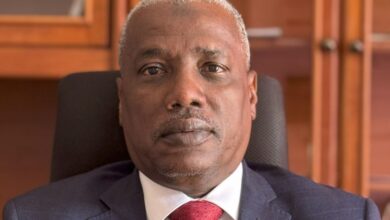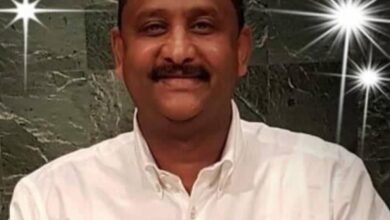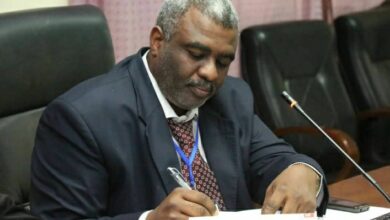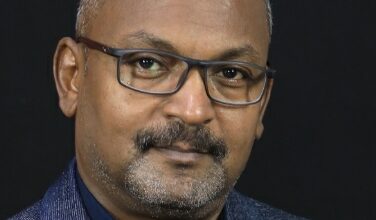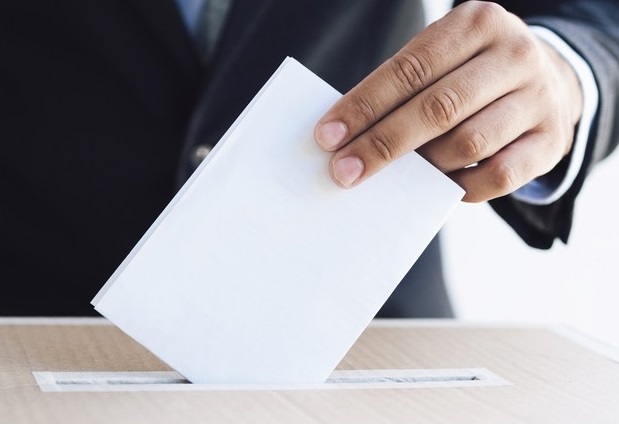
Early Elections: Fears and Concerns
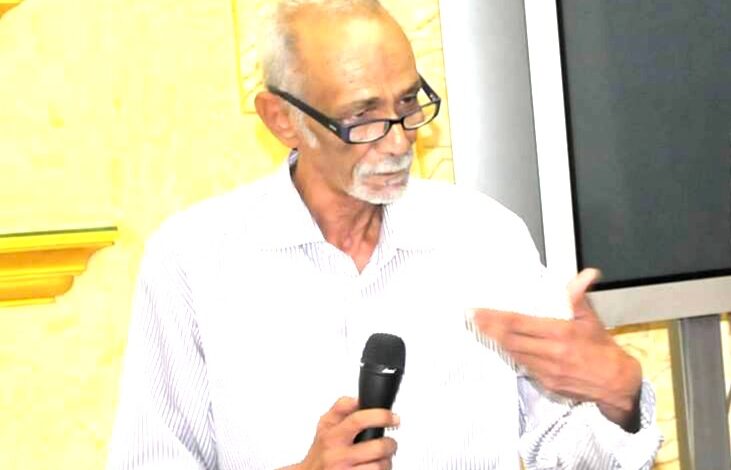
Muawad Mustafa Rashid
The media these days is overwhelmed with a question (Why don’t the political parties challenge the military component and accept the conduction of early election?). What are the fears of organizing an early election? What are the realities about the political parties and whether they can win the elections?
The 30-year rule of the Islamic Movement and its control of all the justice, security, economic, and civil service increase the concerns of the political forces from organizing an early election.
The component is widening especially after the dissolution of the transitional institution by General Al-Burhan a matter that increased the reservations of the political parties which are waiting to avail an internal conducive environment for running an early election.
The political parties justify their rejection of the early election as the necessity of dismantling the deep state and then building independent institutions to pave the way for conducting a free and fair election.
The election is not an end but a means to build a civil state, so any talk about an early election will lead to a fake process and will not achieve the aspirations of the Sudanese people in building a democratic state and peaceful transformation of power.
On the other hand, some might think that the fears and concerns of the political parties are because they are not prepared for that.
I believe that it is high time to work out a plan for the population census after which an independent national elections commission delimits the total number of constituencies in the 18 Sudanese states after receiving the results of the population census.
Sudan has a recognized history of organizing national elections e.g. 1953, 1958, 1965, 1968, 1986, and even during the 30-years rule of the Islamic Movement. All those elections were labeled as free and fair as testified by the regional and international observers.
After the 1985 uprising, there were 60 political parties but most of them did not compete in the national elections because they are elites parties without social grassroots, so only six political were represented in the parliament i.e. National Umma Party, Democratic Unionist Party, National Islamic Front, Sudanese Communist Party, Sudanese National party, and Bija Conference.
But now some political parties said that any call for early elections without the consent of the Sudanese public and revolutionary forces will not be successful considering that the current environment is not conducive and the early election may lead to more complications in the political scene.
In short, it is difficult to discuss the issue of running early elections these days even if all the political parties accepted that for some logical reasons such as the lack of funding for the process considering that the population census is fundamental, besides the existence of millions of IDPs and refugees’ camps who are absent-minded from who is qualified to rule Sudan.
There are also the elite political parties which are fearing the early elections because they are sure that they will not get even one seat in the parliament.
The issue is very complete and any uncalculated step will lead to disastrous consequences.

